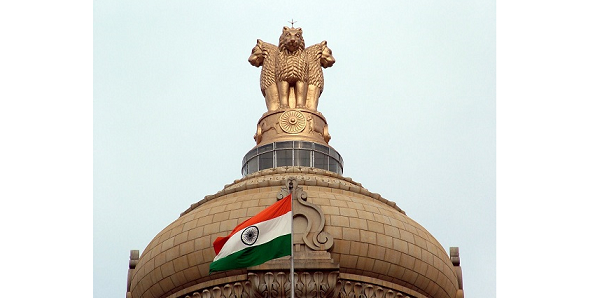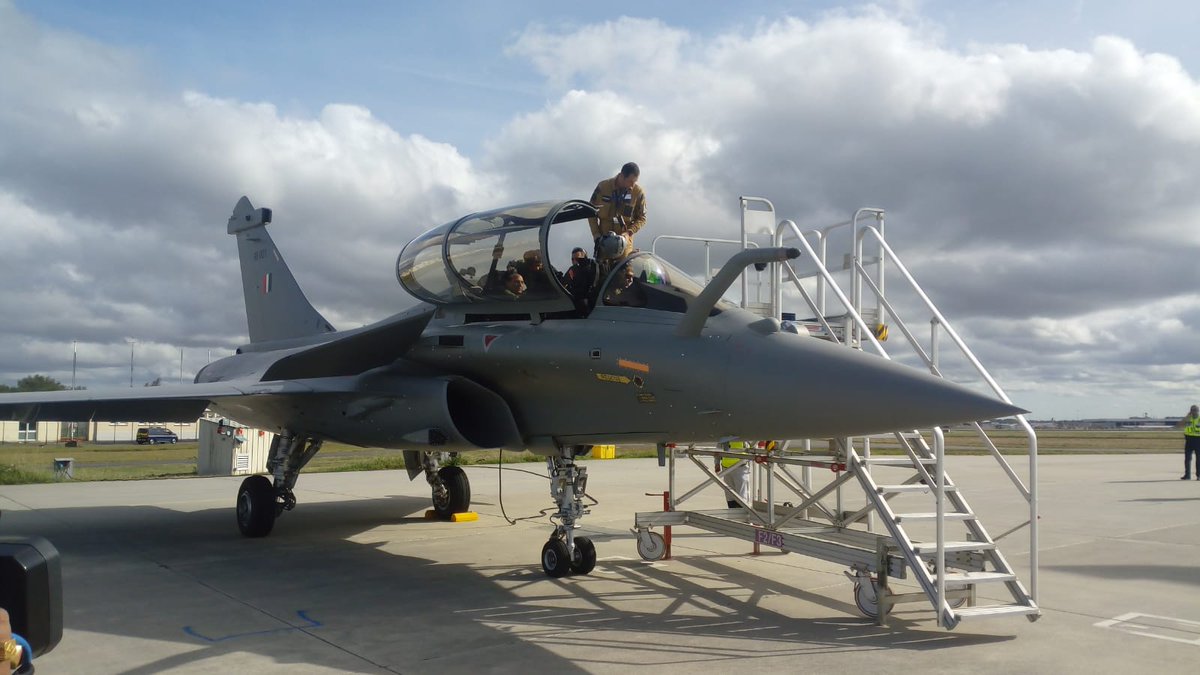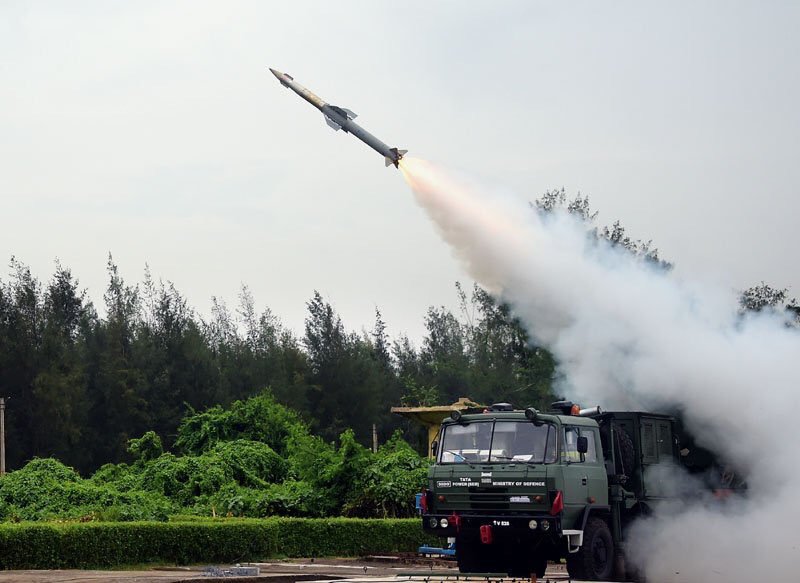
NEW DELHI (PTI): The Government's decision to raise the FDI limit in defence manufacturing to 74 per cent from 49 per cent under the automatic route will prove to be a "game changer" as it will help in realising India's true potential in production of weapons and military hardware, Defence Minister Rajnath Singh said on May 16.
His reaction came after Finance Minister Nirmala Sitharaman unveiled a series of long-pending reforms for the defence sector which included making provisions for separate budgetary outlay to procure Indian-made military hardware, increasing the FDI limit and generating a year-wise negative list of weapons which can't be imported.
Sitharaman, a former defence minister, also announced corporatisation of the Ordnance Factory Board (OFB), a nearly 200-year-old organisation that operates 41 ammunition production facilities across the country. The decision is aimed at enhancing efficiency in functioning of the organisation.
"The FDI limit in the defence manufacturing under automatic route has now been raised from 49 per cent to 74 per cent. This decision will unleash the true potential of Indian defence production capabilities through 'Make in India'. The announcements made today will prove to be a Game Changer," the Defence Minister tweeted.
It is expected that increasing the FDI cap will encourage global defence majors like Lockheed Martin, Boeing, Airbus and Dassault Aviation to set up manufacturing hubs in India and bring niche technology without hesitation as the firms will have majority stakes in their Indian subsidiaries.
At present, up to 100 per cent FDI is allowed in defence manufacturing on a case-to-case basis.
In February, Prime Minister Narendra Modi set a target of US$ 5 billion worth of military exports in the next five years and invited global defence majors to set up manufacturing hubs in India.
In another initiative, the Government has also decided to encourage domestic production of spare parts of military systems procured from defence majors abroad.
It has been a long-standing grievance of armed forces that supply of critical spares and equipment from several countries including Russia takes a long time affecting maintenance of military systems procured from those countries.
The government has been taking a series of measures in the last four years to promote the domestic defence industry.
In 2017, the government came up with an ambitious policy under which select private firms were to be roped in to build key military platforms like submarines and fighter jets in India in partnership with global defence majors.
Singh said that Saturday's announcements for the defence sector will go a long way in "unshackling" the economy in many ways.
He said corporatisation of the Ordnance Factory Boards (OFB) has been the topmost priority of the government.
"The corporatisation will improve the efficiency of our ordnance supplies and factories," he added.
Sitharaman also said that a list of weapons and platforms will be notified which will not be allowed to be imported, adding the move is aimed at promoting Make in India in the defence sector.
"In defence, we need to be self reliant where we can be. Of course, armed forces required best of equipment, they need some of the latest technology-driven equipment which can be imported," she said.
In her announcement, Sitharaman also said the process for General Staff Qualitative Requirements (GSQRs) will be made realistic. In GSQRs, the armed forces define criteria to procure platforms and hardware.
India was among the world's three top importers of military hardware in the last eight years.
According to a latest report by Stockholm International Peace Research Institute (SIPRI), a leading think-tank on military spending, India's defence expenditure stood at USD 71.1 billion in 2019, which is third highest after the US and China.
 Previous Article
Previous Article Next Article
Next Article













The Indian Air Force, in its flight trials evaluation report submitted before the Defence Ministry l..
view articleAn insight into the Medium Multi-Role Combat Aircraft competition...
view articleSky enthusiasts can now spot the International Space Station (ISS) commanded by Indian-American astr..
view article